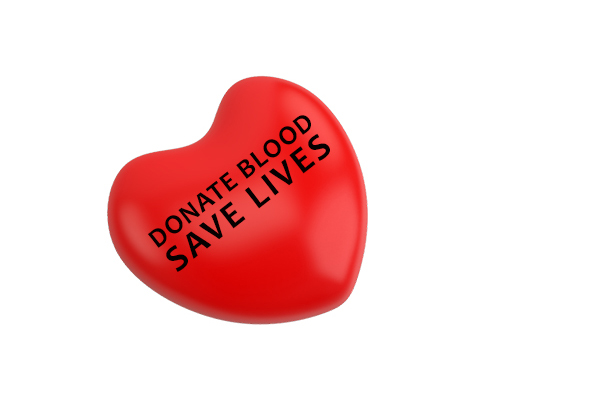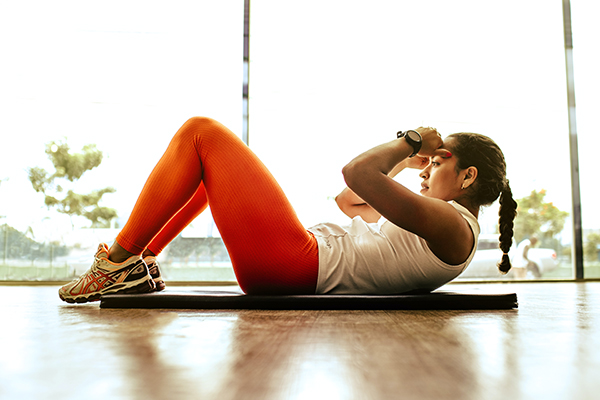Building strong communities through blood donation
January is about new beginnings and fresh starts. It’s also National Blood Donor Month – a time to consider the important role blood donation plays in the health of our community.
Blood donation is critical for people involved in traumatic accidents, during medical operations and procedures, and also for people with cancer, anemia, and autoimmune disorders, among others.
The Red Cross reports that every two seconds, someone in our country needs blood or blood products.
Hospitals and health systems, like PacMed, Swedish and Providence, rely on local blood banks to maintain blood product supplies. However, COVID-19 has impacted donation volumes. Lifesaving blood donations remain essential for patients in need.
Help keep your community strong by donating blood locally. Find a donation center near you at https://www.redcrossblood.org/.
FAQs regarding blood donation and COVID-19:
Q: Is it safe to donate blood if you’ve had COVID-19?
A: Yes. If you’ve had COVID-19, you must be without symptoms for 14 days prior to blood donation. If you are asymptomatic, you must wait 14 days from the date of your positive test result.
Q: Will donating blood reduce COVID-19 fighting-antibodies?
A: No. If you’ve had the COVID-19 vaccine, your antibody levels won’t go down after you give blood, as your body will quickly replenish the antibodies.
Q: Will donating blood increase my exposure to COVID-19?
A: No. Donation centers take all necessary precautions to protect their donors and their staff members.
Q: Does my COVID-19 vaccination status impact my ability to donate blood?
A: Check with your local blood donation office to verify their COVID-19 vaccination requirements.
Carrot & Apple Muffins
 These delicious muffins could be served for dessert or breakfast! And why not add a serving of vegetables to this tasty treat.
These delicious muffins could be served for dessert or breakfast! And why not add a serving of vegetables to this tasty treat.
Don’t have time to workout? Try HIIT Workouts.
 Finding enough time to workout is a challenge for many people. Getting up early or squeezing exercise in after work is a difficult habit to build. Finding a workout that fits your schedule and you enjoy and that delivers maximum benefits? That’s the goal for many people.
Finding enough time to workout is a challenge for many people. Getting up early or squeezing exercise in after work is a difficult habit to build. Finding a workout that fits your schedule and you enjoy and that delivers maximum benefits? That’s the goal for many people.
One of the top trends in the fitness world today is high-intensity interval training, or HIIT. These workout programs feature short intervals of high intensity followed by longer rest periods. This approach gives maximum physical benefits in a short amount of time.
If you’re pressed for time and seeking a quick workout that still generates benefits and gets you sweating, HIIT can be a great option.
What is HIIT?
High-intensity interval training is a method of exercise that alternates quick, high-intensity intervals with longer, slower intervals for recovery. The goal is to perform short bursts of all-out work (typically about 30 seconds) that pushes your body near its limit. This is followed by periods of less intense activity to recover, typically about 1 minute. Together, these intervals have been shown to make the body work harder than performing a cardio exercise at a constant level for an equal amount of time.
Why do a HIIT workout?
- A HIIT workout increases overall physical fitness. Pushing yourself during the intense part of the interval increases endurance and stamina. You may notice a difference during other workouts and daily life.
- Even after a HIIT training, your body continues to burn calories. A HIIT training’s intensity means your body has to work harder to get back into balance after exerting itself. So even when you’re resting after your workout, your body continues to burn calories.
- The workout is short—a great benefit if your schedule is packed. A quick HIIT workout of 10 minutes has many benefits. If you have more time, shoot for a 15-20 HIIT session.
How do I start?
Ease into HIIT. If you’re not accustomed to high-intensity exercise, a HIIT workout can be a shock to your body.
A HIIT-style workout can include almost any aerobic exercise—running, cycling, Pilates. Any aerobic activity you enjoy can be turned into a HIIT training session. In general, perform your chosen activity all-out for about 30 seconds and then recover for 1 minute. (For example, sprint for 30 seconds and then walk for 1 minute.) This can be repeated for 15-20 minutes, depending on your fitness level. And don’t forget to warm up for at least 5 minutes before a HIIT session.
HIIT workouts are intense, so it should be just one type of workout you do. Incorporate it maybe once or twice a week to start and allow recovery between sessions.





